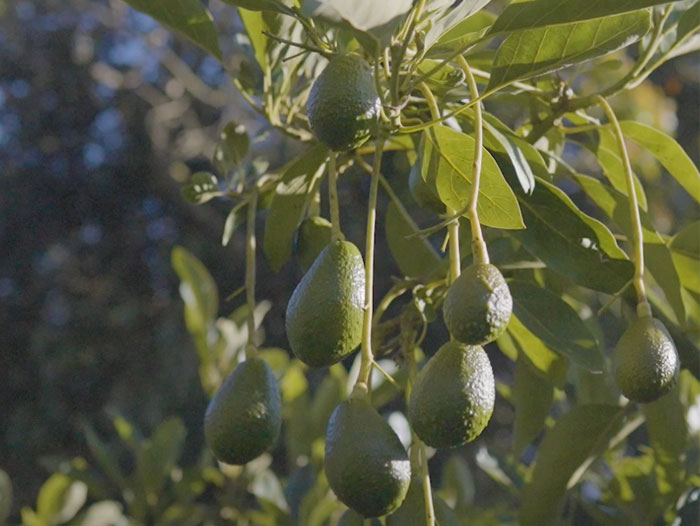Hass Avocado Origin Colombia is Recognized as a Sustainability Leader
March 27, 2024 | 2 min to read
COLOMBIA’s Corpohass has joined CECODES, recognizing the importance of sustainability in the Hass Avocado agroindustry. This partnership enhances Corpohass's commitment to social, economic, and environmental sustainability, positioning Colombian avocados effectively in over 30 markets. Executive Director Katheryn Mejia Vergel emphasized the significance of this alliance, which fosters collaboration for economic growth and ecological conservation. The sector experienced a record 26.3% increase in exports in 2023 and anticipates a further 15% rise this year.

COLOMBIA – Corpohass (Corporation of Hass Avocado Producers and Exporters of Colombia), is produce to announce that CECODES, an organization recognized as the regional center of the Global Network of the World Business Council for Sustainable Development (WBCSD), has welcomed Corpohass as one of its esteemed allies.
This integration into the network of sustainability leaders with a business focus, represents recognition and support for the Colombian Hass Avocado agroindustry. Avocados play an important role in the Colombia economy as the third most exported fruit by the country, generates the second-highest income, and holds the fourth position in Colombian agricultural trade with other markets.
Katheryn Mejia Vergel, Executive Director of Corpohass remarked, “Being part of CECODES reaffirms our sector’s commitment to sustainability from a holistic approach across its three dimensions: social, economic, and environmental. This alliance provides great support for positioning Colombian Hass Avocados as a beacon of quality and sustainability in more than 30 markets.”
Joining the CECODES network will enable Corpohass to learn and engage with the foremost organizations in Colombia dedicated to sustainability. Through this collaboration, the sector can implement this knowledge into tangible actions, driving economic growth, environmental conservation, and social progress within the country.
In closing, Sergio Rengifo Caicedo, Executive Director of CECODES commented, “We recognize the leadership of Corpohass as an organization that unites the producers and exporters of Hass Avocado. We want to guide them with international business tools adapted to the local context in our Vision 2050 roadmap of Colombia.”
The Hass Avocado sector concluded 2023 with record export volumes, achieving an increase of 26.3% in containers shipped. Data from Dian shows a strong start to the current year, with sales figures rising to 53% in the first month compared to the same period in 2023.
Corpohass projects a 15% increase in Hass Avocado exports this year, amounting to approximately 147,244 metric tons. After the conclusion of the Main Harvest season in February, the sector is now gearing up for “La Traviesa” season, which is projected to yield high volumes and have great quality with increasing shipments to U.S. markets.
